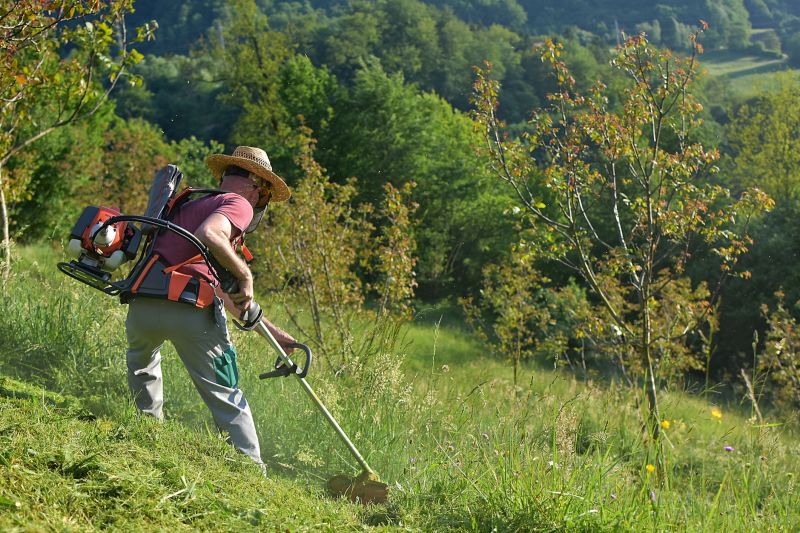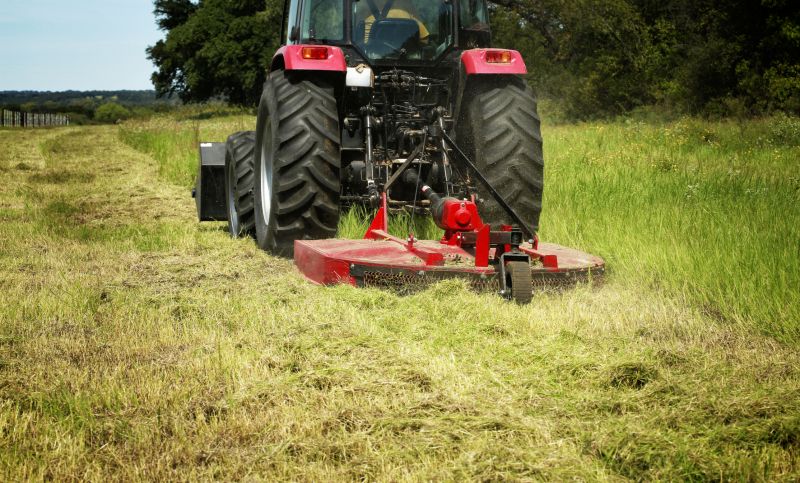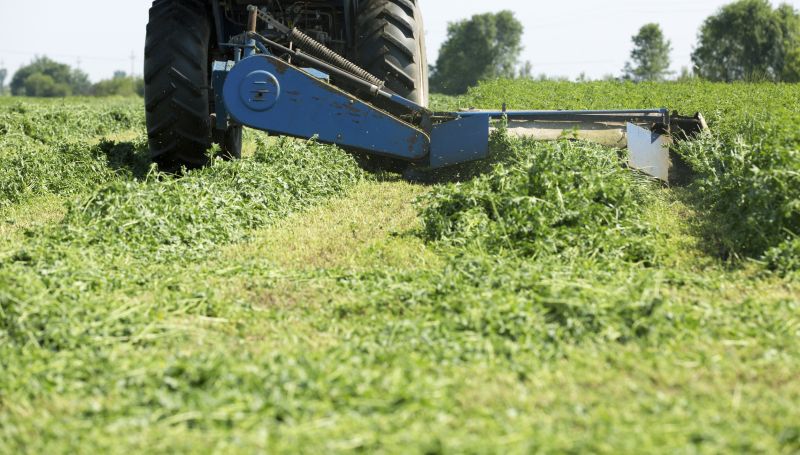Overview of Brush Clearing Services for Property Owners
Visitors will learn about how local contractors handle brush clearing projects and how to compare options for their needs.
- - Residential property owners seeking to clear overgrown brush and improve yard accessibility.
- - Land developers and contractors preparing sites for construction or landscaping projects.
- - Property managers and homeowners looking to maintain safety and aesthetics through professional brush clearing.
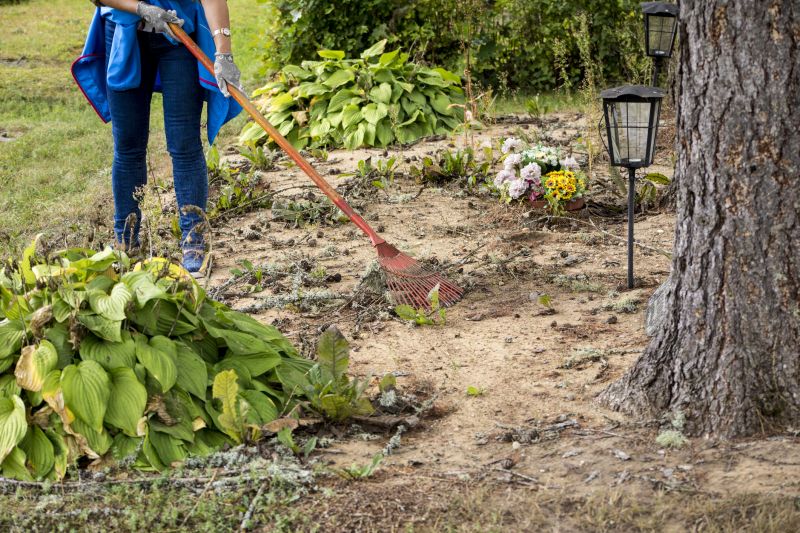
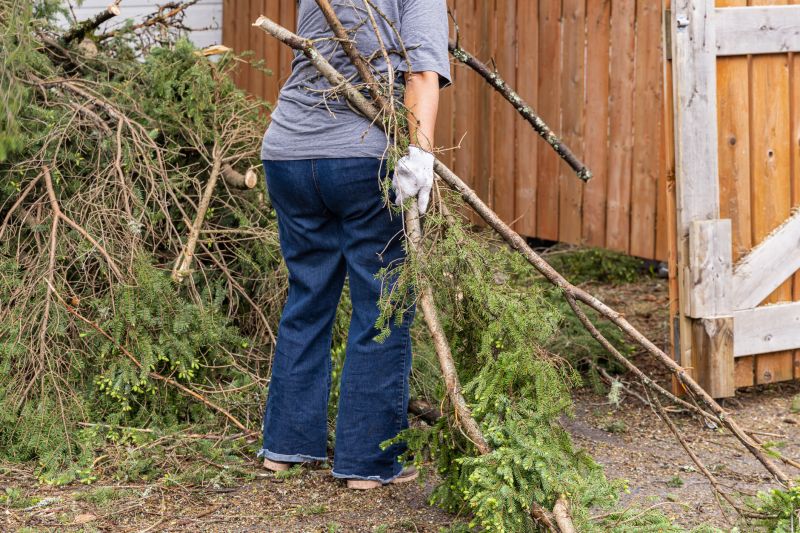
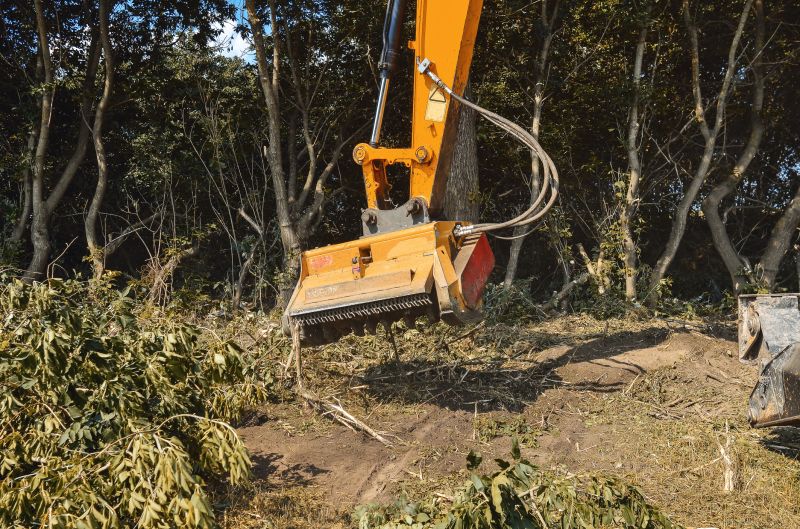
Brush clearing services involve removing overgrown vegetation, shrubs, and unwanted brush to improve the appearance and safety of a property. Property owners often seek local contractors to handle this work, especially when dealing with dense or hard-to-reach areas. These professionals typically use specialized tools and equipment to efficiently clear brush, creating open space for landscaping, maintenance, or new construction projects. Whether clearing a small backyard or a larger tract of land, local service providers are equipped to handle various levels of brush removal with practical, straightforward approaches.
Connecting with experienced local contractors ensures that brush clearing tasks are completed effectively and safely. Service providers often work with property owners to assess the scope of the work and recommend suitable solutions. They can assist with clearing overgrown lots, maintaining trails, or preparing land for future use. By choosing local pros, property owners can find the right expertise for their specific needs and ensure the work aligns with the property's requirements.
This guide helps visitors understand the key factors to consider when selecting brush clearing services in their area. It provides a clear overview of what to expect and how to compare different local contractors. By using this information, users can better prepare to connect with the right service providers for their project needs.
